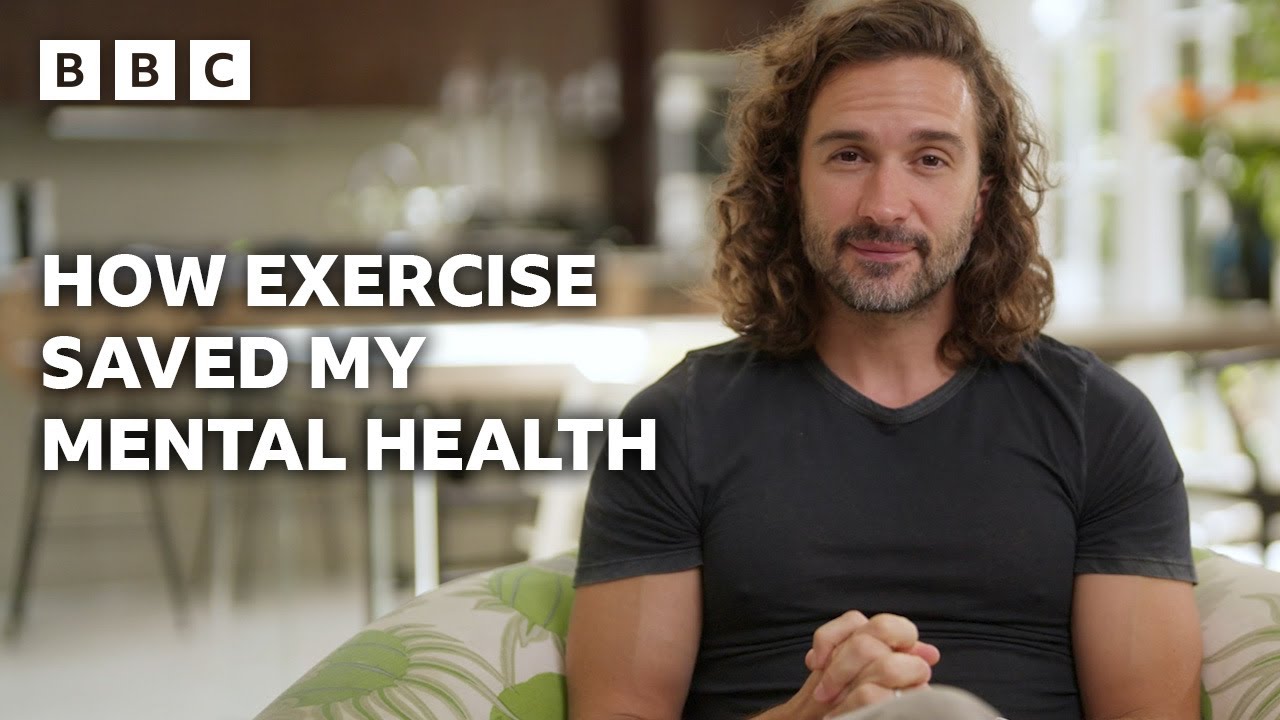Understanding Mental Well-Being
Mental well-being is an essential component of overall health. It encompasses emotional, psychological, and social well-being, influencing how we think, feel, and act. Mental well-being affects how we handle stress, relate to others, and make choices. Recognizing the importance of mental health is vital for achieving a balanced life.
The Importance of Mental Health
Good mental health is more than just the absence of mental illness. It involves a state of well-being in which individuals realize their potential, can cope with the normal stresses of life, work productively, and contribute to their community. Mental health affects all aspects of life, including:
- Physical Health: Poor mental health can lead to physical health issues.
- Relationships: Mental well-being influences how we interact with others.
- Productivity: A positive mental state enhances productivity in personal and professional life.
The Role of Exercise in Mental Well-Being
Exercise plays a crucial role in enhancing mental health. Engaging in regular physical activity can have profound effects on our emotional and psychological state. Here are some ways in which exercise contributes to mental well-being:
1. Release of Endorphins
Exercise triggers the release of endorphins, often referred to as the body’s natural mood lifters. These chemicals help reduce pain and induce feelings of happiness. Regular physical activity can lead to improved mood and a greater sense of well-being.
2. Reduction of Stress and Anxiety
Physical activity is an effective way to combat stress. When you exercise, your body’s stress hormones, such as cortisol, decrease, while endorphin levels rise. This combination can help alleviate feelings of anxiety and stress.
3. Improved Sleep Quality
Exercise has been shown to improve sleep quality, which is closely linked to mental health. Regular physical activity can help you fall asleep faster and deepen your sleep. A good night’s sleep is essential for maintaining a positive mental state.
4. Enhanced Cognitive Function
Engaging in physical activity can boost cognitive function. Studies have shown that exercise improves memory and thinking skills by enhancing blood flow to the brain. This can lead to better decision-making and problem-solving abilities.
5. Social Interaction
Participating in group exercises or team sports fosters social connections, which are crucial for mental well-being. Building relationships through physical activity can provide emotional support and reduce feelings of loneliness.
Types of Exercise Beneficial for Mental Health
Not all exercises are created equal when it comes to improving mental well-being. Here are some effective types of exercise:
1. Aerobic Exercise
Aerobic exercises, such as running, swimming, and cycling, are particularly effective at boosting mood. These activities increase heart rate and promote the release of endorphins.
2. Strength Training
Strength training, including weight lifting and resistance exercises, can also enhance mental well-being. It has been associated with improved self-esteem and body image, which can positively impact mental health.
3. Yoga and Mindfulness
Yoga combines physical movement with mindfulness and breathing techniques. It can significantly reduce stress, anxiety, and depression, making it an excellent practice for mental well-being.
4. Outdoor Activities
Spending time outdoors while engaging in physical activity has additional benefits. Nature exposure can improve mood and promote relaxation. Activities such as hiking, walking, or gardening can be particularly beneficial.
Creating a Sustainable Exercise Routine
To reap the mental health benefits of exercise, it’s essential to create a sustainable routine. Here are some tips to help you get started:
1. Set Realistic Goals
Start with achievable goals that can gradually increase in intensity and duration. Setting small, realistic targets can help you stay motivated.
2. Find Activities You Enjoy
Choose exercises that you find enjoyable. Whether it’s dancing, swimming, or playing a sport, engaging in activities you love will make it easier to stick with your routine.
3. Incorporate Variety
Mixing different types of exercises can prevent boredom and keep you engaged. Consider alternating between aerobic workouts, strength training, and flexibility exercises.
4. Schedule Your Workouts
Just like any other important appointment, schedule your workouts. Consistency is key to developing a habit that benefits your mental well-being.
5. Track Your Progress
Keep a journal or use fitness apps to track your workouts and progress. Seeing improvements can boost your motivation and commitment to your exercise routine.
Overcoming Barriers to Exercise
Despite the known benefits, many individuals face barriers to regular exercise. Here are some common challenges and strategies to overcome them:
1. Lack of Time
Many people feel they don’t have enough time to exercise. To combat this, try to incorporate shorter, high-intensity workouts or break your exercise into smaller sessions throughout the day.
2. Motivation
Staying motivated can be challenging. Consider finding a workout buddy or joining a class to enhance accountability and enjoyment.
3. Physical Limitations
If you have physical limitations, consult with a healthcare provider to find suitable activities that accommodate your abilities. There are many low-impact exercises that can be beneficial.
4. Mental Barriers
Sometimes, mental barriers like fear of judgment or low self-esteem can prevent individuals from exercising. Focus on the personal benefits of exercise and remind yourself that everyone is on their journey.
Conclusion: The Path to Improved Mental Well-Being
In conclusion, the role of exercise in enhancing mental well-being is undeniable. Regular physical activity can lead to significant improvements in mood, stress levels, cognitive function, and overall quality of life. By understanding the connection between physical activity and mental health, individuals can take proactive steps toward better mental well-being.
As you embark on your journey to incorporate exercise into your life, remember that the goal is not perfection but progress. Embrace the process, celebrate small victories, and be kind to yourself along the way. With time and commitment, you can experience the profound benefits of exercise for your mental health.



